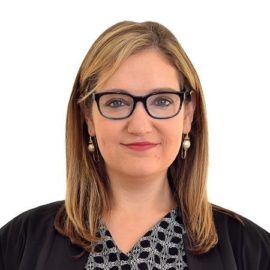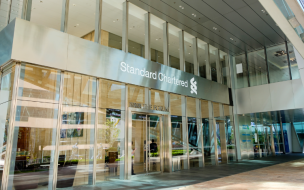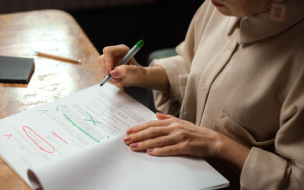While many countries clamp down on immigration—or, at least, make a lot of noise about clamping down on immigration—the Netherlands is actively seeking highly skilled talent.
Business schools, like Rotterdam School of Management, attract thousands of international students. And businesses are incentivized to recruit foreign talent; for instance, ex-pat employees who satisfy certain conditions pay no tax on up to 30% of their salary.
The Zoekjaar visa is another way that the government is working to attract highly skilled people.
The Zoekjaar, or ‘orientation year’, visa is available for master’s students who have studied at top 200 universities worldwide, whether in the general ranking lists, or ranking lists by subject. Lists that are accepted include the Times Higher Education World University Rankings, the QS World University Rankings, and the Academic Ranking of World Universities.
Career opportunities
What’s more, students from qualifying universities have up to three years after graduation to apply for the visa—meaning that students who need to return to their home countries to fulfil sponsor or scholarship commitments can do so before they take up the opportunity in the Netherlands.
The free access to the Dutch labor market allowed by the Zoekjaar visa means that visa holders can not only live in the country, but apply for internships or jobs there, even freelancing or starting your own business.
Ljiljana Ilovača from Adams Multilingual Recruitment says the orientation year visa has opened doors for many highly skilled workers.
“It allows holders not only to apply for jobs, but also to make the transition to the next visa easier,” she says. “Moreover, Zoekjaar holders can start their own company for the period of 12 months.”
According to Ljiljana, people with the Zoekjaar visa who have a certain educational background, such as in engineering or IT, find it easier to find a job. Knowledge of French or German can also be beneficial, as Holland is bordered by Belgium and Germany and so many businesses frequently work with clients across borders.
Getting your visa
Candice Mudrick is a senior client director at Newzoo, a games and esports analytics company in Amsterdam. She got her Zoekjaar visa in 2018 after completing her MBA at the University of Oxford’s Saïd Business School the previous year.
Candice is American and decided to move to the Netherlands for personal reasons, as she has always loved the culture and already knew it was a good fit for her. She says the visa was relatively easy to apply for, especially as an American.
“Preparing all of the documents for the visa was the hardest part because you also need your undergrad transcripts, plus getting documents apostilled, I probably spent about two months on the application,” Candice recalls.
“However, I already had a job offer before I got the visa—I targeted one specific company that I wanted to work at and only applied to them directly. I did no job searching on the general market.”
Candice says companies are very open to hiring international talent and that English is the language of communication in most international offices.
She warns, however, that in order to get housing you need an employment contract, so you may struggle to find housing easily if you don’t have an existing job offer.
Candice plans to look at converting her visa to a standard migrant visa or an EU spouse visa when the Zoekjaar visa expires.
As with any visa there are conditions—you can find out more about the Zoekjaar visa here.
RECAPTHA :
70
ba
ab
d3










